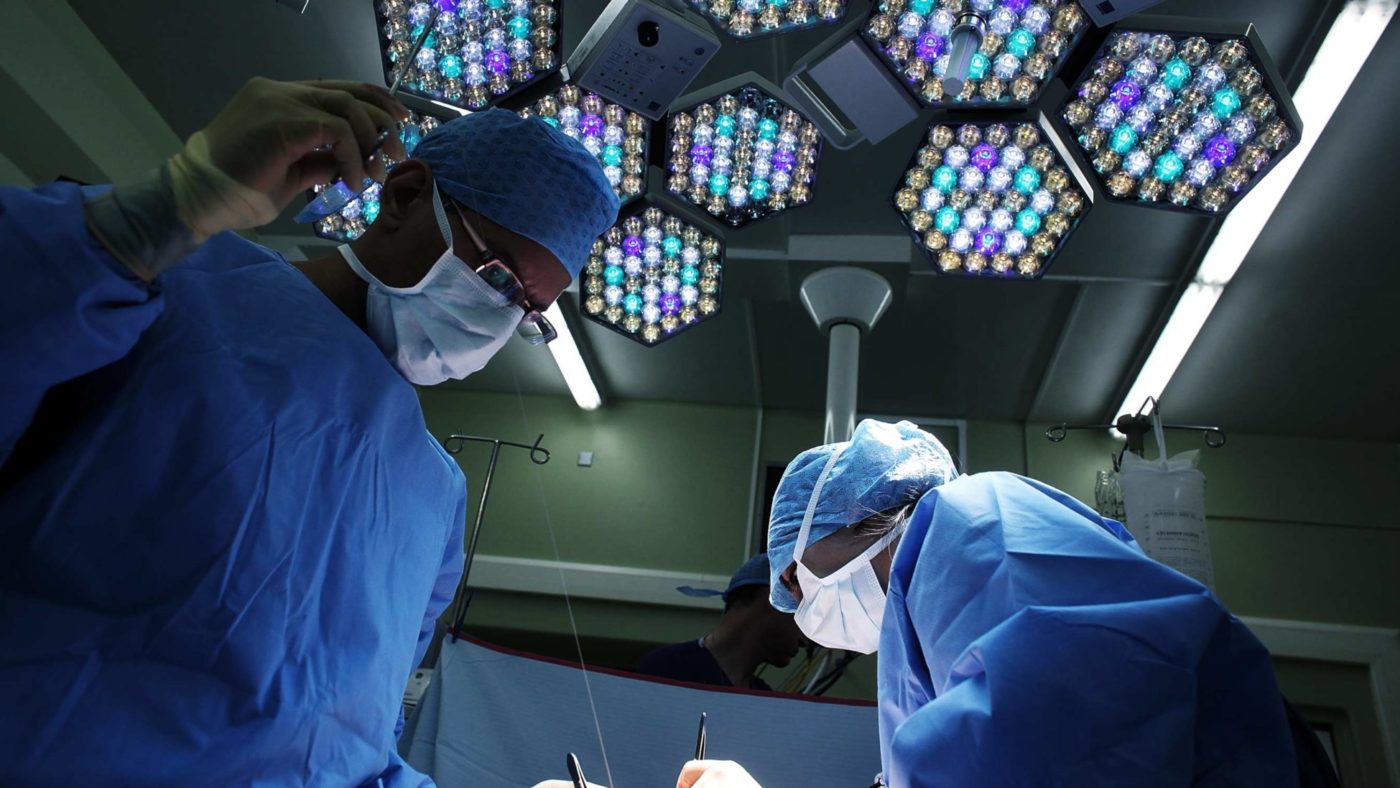The only certainty about Theresa May’s announcement of more money for the NHS is that it won’t be enough and it won’t be spent wisely. That is because the structure, management and organisation of the NHS make it impossible to drive through the changes that are needed to make it run more efficiently, a problem I witnessed first-hand as the non-executive director of a London hospital.
The problem is that the people at the very top of the NHS’s regional and national organisations still truly believe in command and control. They are the only people left who still believe in the power of the five year plan to solve pressing public policy problems. They set targets in the same way as the managers of the Soviet tractor factories and believe that a combination of exhortation and threats will ensure they are achieved. This year’s winter crisis and the response of NHS England — a centrally mandated solution of postponing non-urgent operations — was just the latest manifestation of this approach.
To paraphrase Ronald Reagan, the most terrifying words in the NHS are: “I’m from NHS Improvement and I’m here to help.” The hospital I was involved in had a problem with its A&E waiting times. We were provided with “help” from multiple NHS intervention teams. There were so many of them that they arrived in a bus, convinced that everything could be solved by more targets and action plans.
Each of them wanted slightly different information, each had a different view of what the problem was, each required looking after and a room, coffee, and a printer. The managers in the hospital who might actually be able to do something to empty beds and get people moving through the hospital then had to spend all their time in meetings with the people who were there to “help”.
After several weeks of this they came up with an action plan containing 147 individual actions, each of which then had to be measured and monitored and reported back to the intervention teams. We all knew that the action plan was there to tick the box required by the central bureaucracy, not to solve the problem.
Hospital leaders can technically just ignore all the interference from the centre but in reality that freedom is illusory. The central bureaucrats have the power to hire and fire. Their default reaction to any crisis is to remove the person in charge. These changes happen without any real regard to employment law or the normal capability processes, so good people are lost as often as the incompetent. It undoubtedly concentrates minds, fear of losing your job is going to do that, but it rarely solves the problem.
The other pernicious result of command and control is that because so much is dictated by the centre, there is no loyalty to the individual hospital. Doctors defend their own departments with a self-interested ferocity that would be seen as unacceptable in the rest of the working world. They are entirely unmoved by the benefits that an action might bring to the wider hospital, perhaps by allowing some members of their staff to be based in A&E or changing the time of their ward rounds to make it possible to discharge patients earlier in the day.
Doctors are fiercely loyal to their individual teams, convinced of their own rightness and entirely resistant to managerial change. In many ways this is admirable. It is encouraging that there is one profession that has remained immune to the corporate guff that has been adopted in every other workplace. You probably want a doctor who refuses to take no for an answer when they are treating you, who might break the rules to get you what you need. Yet, this makes it impossible to drive through the real efficiencies or innovative working practices that would make a difference.
It is not just the doctors that are the problem. This attitude permeates the whole NHS. Every profession has its own powerful union, dressed up as a professional body, that is quite happy to hold their employer to ransom. When I was on the hospital board it took two years of negotiations to get the pharmacists to work shifts so that the pharmacy could stay open until 7pm. This would allow patients who were ready to go home to get the medicines they needed later in the day rather than having to stay in hospital for another night. It was not really about money, it was just that they did not want to change, did not see why they should care that this change would be good for the hospital as a whole.
The answers to the current difficulties in the NHS are local and specific actions, such as checking which care homes are sending a disproportionate amount of patients into hospital, putting GPs into A&E, changing the times of ward rounds. No central bureaucracy can do that and its top down edicts make it harder for local managers to make the right decisions for their individual hospitals.
There are lots of people trying to make the NHS work better but they can never succeed within this structure. What we need are free hospitals, like free schools, that are truly independent without the dead hand of NHS England on their shoulder. Real local autonomy would provide a chance to manage the current pressures far more effectively rather than simply throwing more money at the problem.


